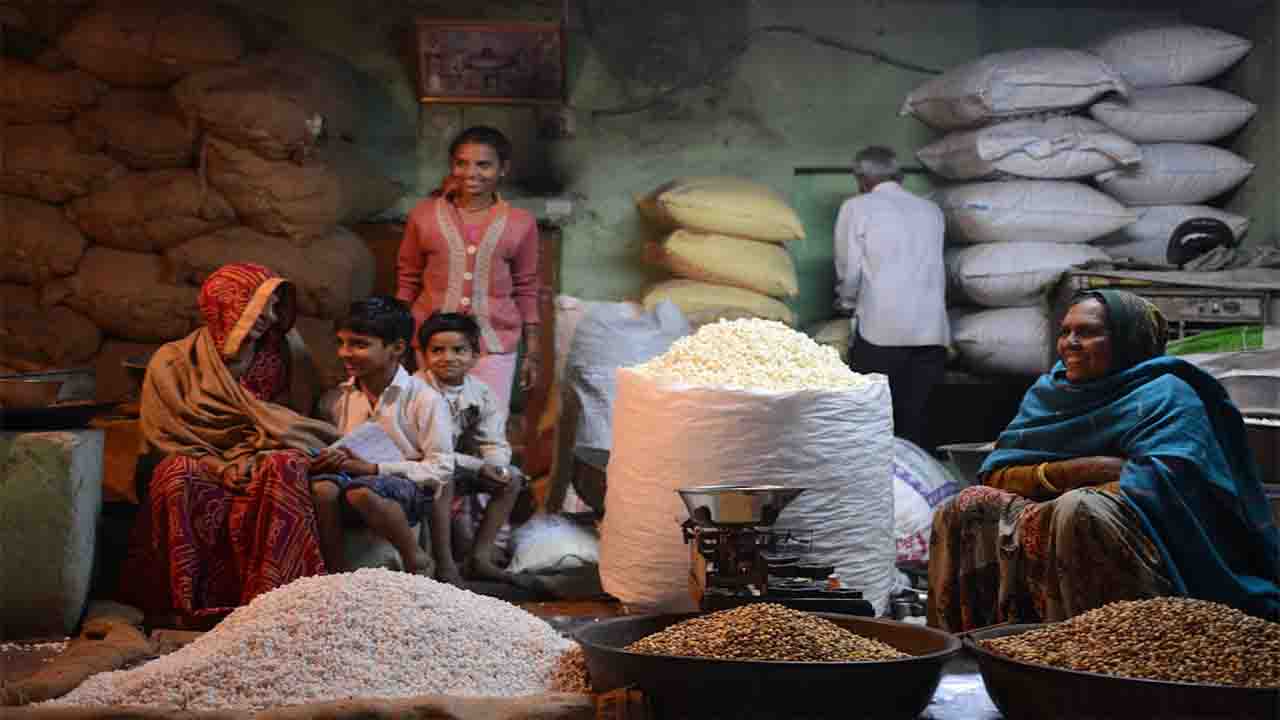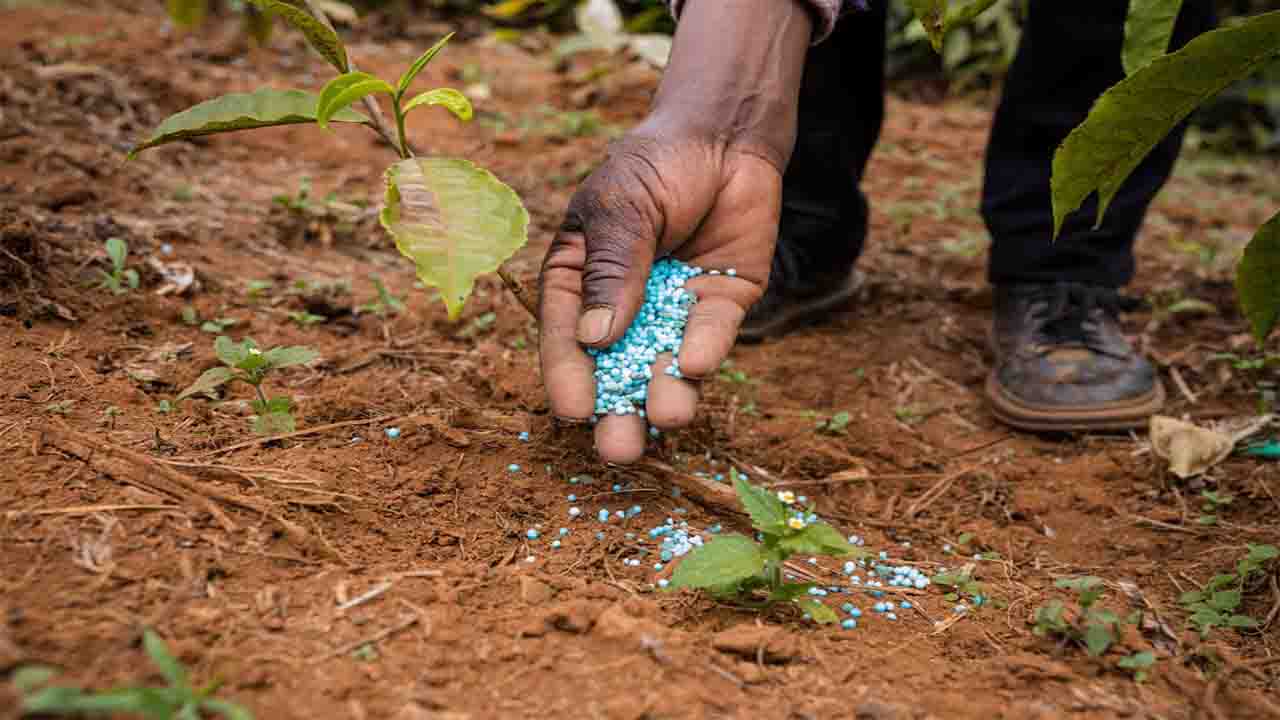PERTH, Australia (CU)_An international team of scientists have found exactly how peas have evolved and indicated the traits breeders can leverage to make them even better.
Peas are an essential crop in Australia due to their versatility and reliable yields across a range of environments and soil types. Peas contain protein, starch, fiber and minerals, and also a valuable rotation crop due to their ability to enhance the soil that they cultivated in the absence of fertilizers. Being a leguminous plant, peas have the ability to fix nitrogen, hence has served as a great source of nitrogen particularly in soil low in nitrogen. Other leguminous plants include chickpeas, lupins, mesquite and carob.
Researchers indicated the significance of knowing the genetic makeup with studies now demonstrating high-quality reference genomes (digital nucleic acid sequence database) for the domestication of crops and to enhance genetic features. Professor Rajeev Varshney, a project leader explained that the past decades next-generation sequencing technology has made possible crop genomics findings which brough about greater insights into genome architecture where the technology has been applied to 118 cultivated and wild pea genotypes.
Plant breeders have the ability to use this data to innovate new pea varieties with enhanced features such as drought and frost tolerance. “This study provides a deeper understanding of peas and the genes that can play a role in adaptation to climate change and help in developing more climate resilient crops,” Professor Varshney said.
In recent years the use of Next Generation Sequencing has combined biotechnology, bioinformatics, computational biology and artificial intelligence to help farmers enhance their crops which is an upgrade from the techniques traditional farmers used for centuries where they used observational knowledge to grow better crops. The study supports United Nations Sustainable Development Goals 1 and 2, to eliminate poverty and hunger around the world.
















